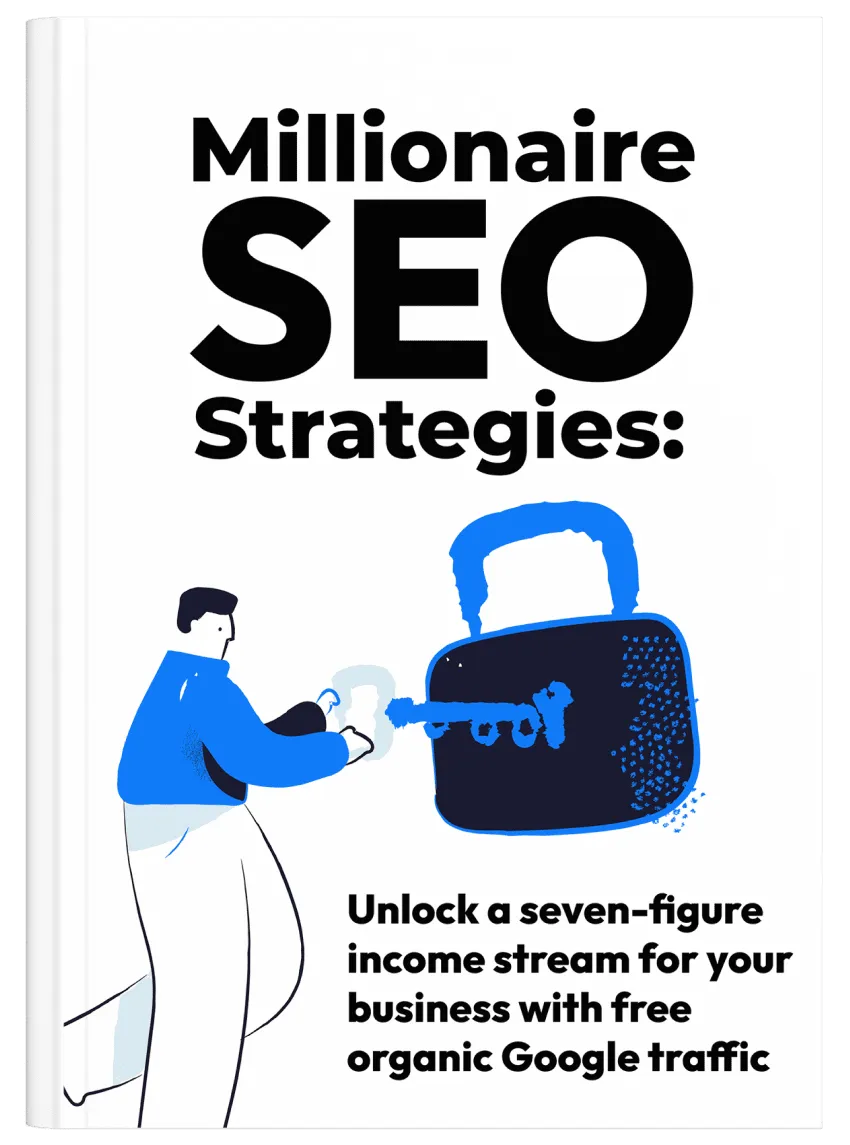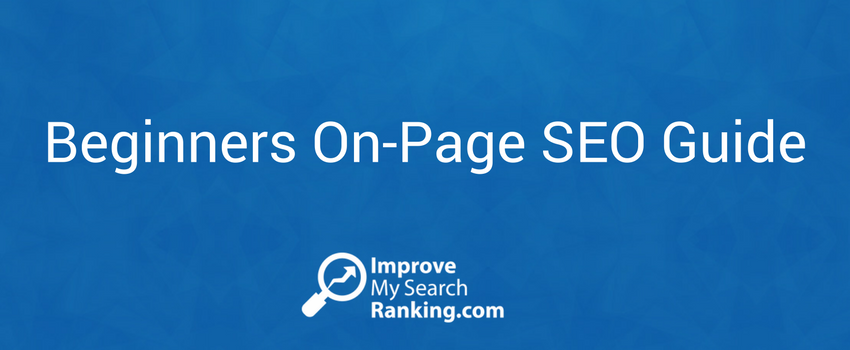
Google explains the possible impact of BERT on exact match keywords
Google BERT is on track to becoming a major part of the Google search engine ranking algorithm. It seems like as Google BERT grows in functionality, it may impact exact match keywords and devalue their importance.
This concern was raised in the latest Google Office Hours hangout session, and Google’s John Mueller clarified the potential impact of Google BERT on exact match keywords.
Here is the question:
“With BERT coming out, will the importance of the exact keyword, exact match keyword decrease?”
John Mueller responded:
“I think BERT has been working in various ways for quite some time.
“So BERT is essentially a machine learning set up, I believe for understanding essentially the content a little bit better.
So the queries that people type in, understanding those better and understanding your page’s content a bit better.
And with all of these… machine learning approaches, we try to figure out what these pages are actually about, what the query is actually looking for and we try to match that a little bit better.”
John also shed some light on the bigger vision that Google has had for some time now, i.e., pages do not need to have exact match keywords and that Google should be able to better understand the context of a page and keywords and present the most relevant results to users.
“From my point of view, all of these changes that have been happening over the years, they do lead in the direction that you don’t have to have the exact keywords on your pages anymore.
And this is something that I think SEOs have seen kind of maybe subconsciously over the years as well, where they realize oh you don’t need to have singular and plural versions on your page. You don’t need to have all of the common misspellings on your page.
All of those things are less critical on your pages as long as you really match what the user is actually looking for.”
At the same time, however, John Mueller reiterated that the purpose of Google BERT isn’t to move away from exact match keywords. The goal is to understand online content better. Less reliance on exact keywords is a byproduct of that vision.
“So with that in mind, you could say that it’s kind of going in the direction of decreasing the importance of exact matches for your keywords in your content.
But it’s not that that is the goal of these algorithms. But rather our goal is to understand the big vast amount of content out there a little bit better so that we can show the right versions to users when they ask.”
If you want to learn more about Google BERT, read this beginner’s guide to understanding Google BERT.








